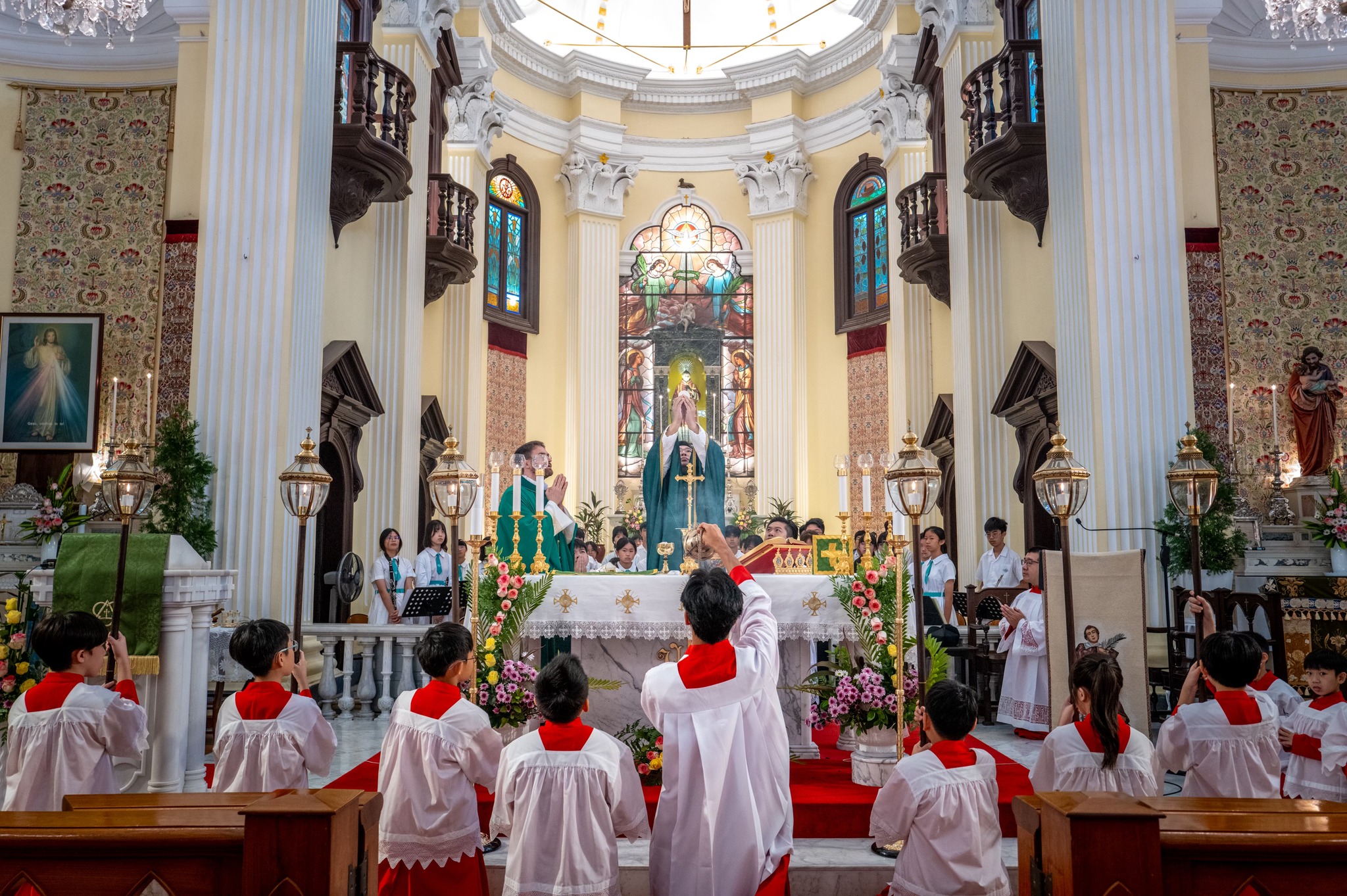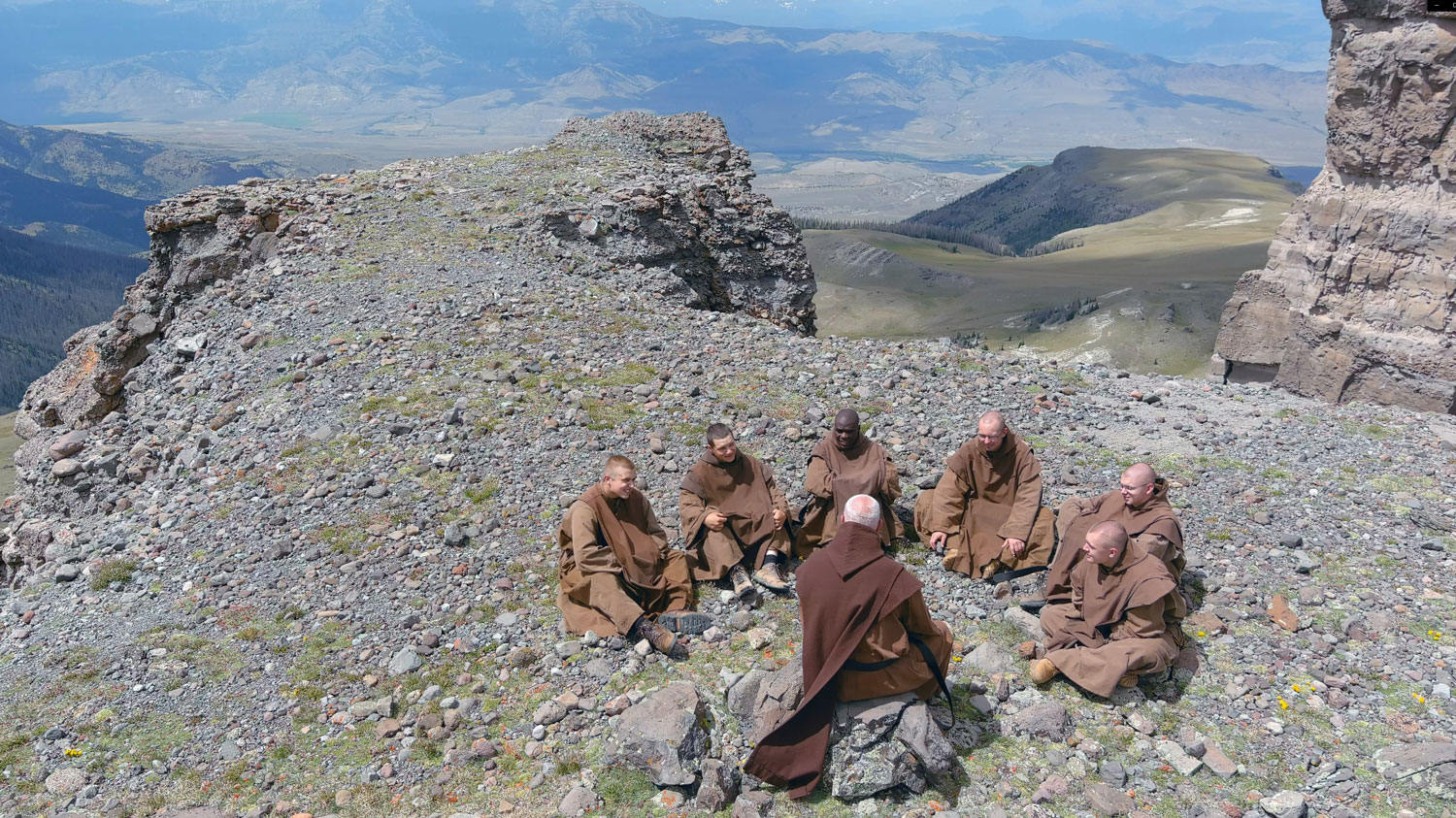Fr Paolo Consonni, MCCJ
To be stalked by someone is extremely unpleasant. Trust me, unfortunately I have had some upsetting experiences in this regard. I therefore perfectly understand the reaction of the unjust judge in the parable of this Sunday’s Gospel (Lk 18:1-8) who, responding to that annoying widow who kept coming to bother him demanding justice, gave in to her demands just to get rid of her.
This kind of persistence is totally justified only in two cases: the pursuit of justice and of prayer. In any other case, it’s just annoying. By putting together these two scenarios with humor, Jesus proved to be a brilliant storyteller and drove his point home.
But what is the point, exactly? We understand that the character of the unjust judge, “who neither feared God nor had respect for people” (v. 5) is only rhetorical and certainly cannot be used as a metaphor to describe God. Unfortunately, we often experience God as a capricious figure whom we can manipulate with the “right” prayer formula, ritual or devotion, thinking that our insistence might magically convince Him to give us what we want, regardless of the goodness of our request. Prayer is not only asking, but also listening.
To understand this parable, focus on the faith of the widow. The widow insisted on her demands because she was totally convinced of the goodness of her cause. She had faith in the fact that she was asking for the right thing.
Given the fact that God is not arbitrary and inconsiderate like this judge and that He considers each one of us as “His Chosen One”, then we could ask ourselves: do I truly believe in what I am praying for? Am I open to refine the content of my requests while God, through prayer, refines my heart?
An example: Many of you know the story of Nick Vujicic, born in 1982 without arms and legs into a very religious family. When he was only 10 he wanted to attempt suicide. He could not understand how a loving God could create him so flawed. He prayed insistently at night, in tears, asking God that he might miraculously grow arms and legs… only to find himself the following morning with a wet pillow but still without arms and legs.
A shift occurred at age 15, when he read in the Gospel how Jesus healed the man born blind (Jn 9). Jesus said that the man was born that way so that the works of God would be revealed through him. As Nick recalls, “in that moment faith came over me, and tangibly I felt peace”. He realized that he wasn’t unique in his struggles. He began to embrace his lack of limbs, learning skills which would give him a high degree of autonomy and professional competence.
Like the persistent widow, he kept knocking at God’s door, but this time with a strong, invincible faith that God makes no mistakes, that God had a plan of goodness and joy for him and that he was perfectly and wonderfully made to accomplish that plan. He just needed to discover it.
He used to pray saying: “God, you owe me an explanation!” His insistent prayers were answered. He slowly realized that his life purpose was to give hope to others. He said: “I’ve come to see my lack of limbs as an asset. Men, women, and children who can’t speak my language only have to see me to know that I have overcome many challenges. My lessons, they know, did not come easily”.
As of today, Nick Vujicic is happily married with four kids, a best-selling author and a well sought-after motivational speaker. He goes all over the world to give hope to suffering people and to strengthen the faith of many who are on the brink of despair. “Sometimes we wait for a miracle, but sometimes God wants to use us as a miracle, even if we don’t get ours,” said Nick.
The parable of the persistent widow is not a story about praying until we get what we want. It is an encouragement to pray so that we might reach the certainty that, through what we experience in the different circumstances of life, even the most difficult ones, a destiny of love is indeed awaiting us. We need to believe that we are in this world, with our limitations and fears, to fulfill God’s plan of goodness and blessing for us and for others. A plan which makes our life – no matter how it turns out to be – meaningful and filled with a sense of purpose.
This is the faith that Jesus is expecting from us: to patiently kneel down with our crippling limitations, inner struggles, and darkest fears not expecting them to magically disappear, but to become the context in which God transforms us to become “miracles of love” for many in this cruel world which, as the unjust judge, very often has no fear of God and no respect for anyone.
(Image: 26057@pixabay.com)


 Follow
Follow


